Tuscany 2020 Pienza and Montepulciano
The destination for our last day in Sinalunga is Pienza. But before actually visiting the town we stop at the small but really beautiful Pieve dì Corsignano, in the countryside below the town. The church dates back to the 7th century and the facade, rich in Medieval symbolism, to the 12th century. Mostly it's Romanesque but the round bell tower is probably older. Unfortunately it is closed.
We proceed to Pienza itself where we find easy and free parking in a residential area just a short walk from the start of the historical centre.
Pienza is a UNESCO site because it's the 'ideal town' of the Renaissance period, on a hill overlooking the Val d'Orcia, 53 km south-east of Siena, it was originally known as Corsignano but was renamed and redesigned in the late 15th century by Pope Pio II, Enea Silvio Piccolomini, who was born there. Building of the new buildings around Piazza Pio II began in 1459 and included the cathedral, the Piccolomini Palace, the Borgia Palace (or Episcopal Palace), the Presbytery, the Town Hall, and the Ammannati Palace. So, Pienza is a small village with a majestic central square and palaces. We visit the Cathedral, which is free, and admire paintings by Il Vecchietta and Matteo di Giovanni and take a long and relaxing stroll around and through the centre, which is undeniably pretty.
One view coming out of a narrow street towards the belvedere is particularly memorable in its perfection. 
After some indecision we decide not to visit Palazzo Piccolomini and the Museum Diocesano, with a little regret, but we also want to see Montepulciano in the afternoon. We decide to go back to Pieve dì Corsignano, in the hope it will be open and because it's the ideal place for a relaxing picnic.This time we are in luck. Inside it is as simple as beautiful.
We invest a euro to turn on the lights and so discover the really tiny crypt to the right of the altar and the Regulum snake at the top of one of the columns. There are some stone benches but we get our chairs out of the car and have an exceedingly comfortable picnic in the shade of the horse-chestnut trees. We are a little surprised at the amount of people coming and going and notice that many of them don't even look at the church but go up and down a dirt road to one side. A little investigation on the Internet reveals that the steep track leads to a key location of the film Gladiator and hence has become a popular Instagram and selfie destination.
Another panoramic drive takes us to Montepulciano where we park in a shady and free spot under the cypresses along the access road to the San Biagio sanctuary.
The soft colours of the church blend into the landscape and there's a fine panorama of the Tuscan countryside from here too. We decide to leave the car there and walk up to the centre of Montepulciano. Montepulciano is all ancient red brick, tall buildings slightly crumbling and defying temptations of drastic face lifts. We like it, a lot.
After a longish stop to chat in an art gallery we make it up to Piazza Grande where we sit on steps and seats on different sides just to take in the place and let our eyes wander over the details. After a look in the Cathedral, once again the main artwork, a triptych by Taddeo di Bartolomeo, is being restored, we continue up to the fort where there's a free exhibition of contemporary art and a self service wine tasting bar where Andrea gives in to temptation to try some of the more expensive wines Vino Nobile di Montepulciano on offer. It's an excellent and hygienic system, you know exactly what you are spending and what you are drinking. We sit and he sips on the panoramic terrace. Slow. Relaxation. When we get going again it's getting late so we continue our exploration of the historical centre, in particular the Pulcinella tower, and go into the historical Caffè Poliziano which would definitely have been a good place for an after lunch coffee.
As it is we instead head speedily downwards to the car and drift slowly through the Tuscan twilight back to base.

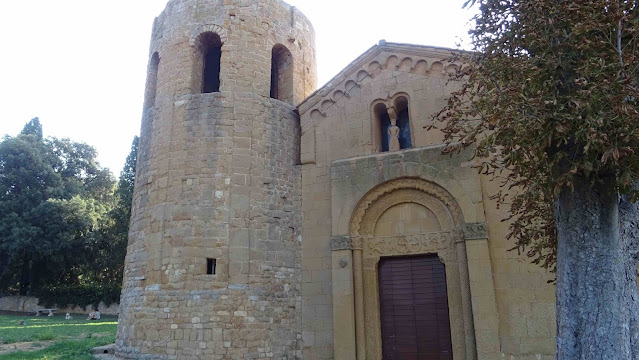




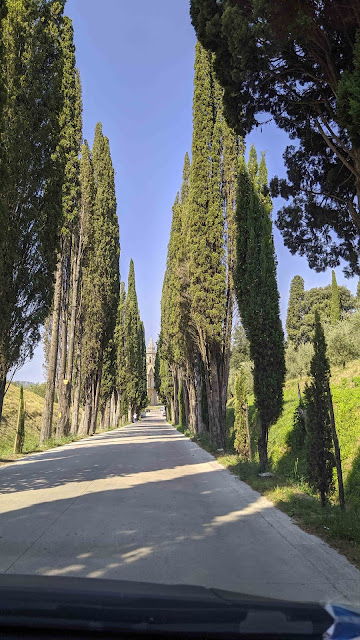
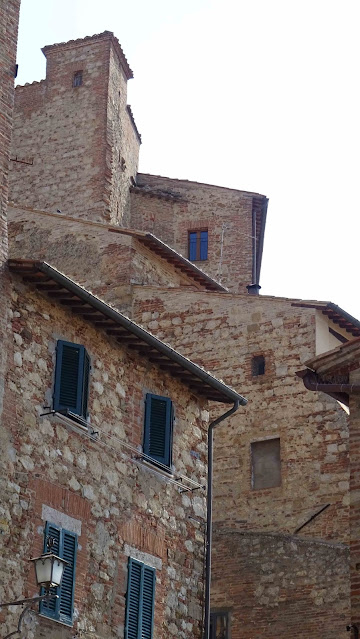



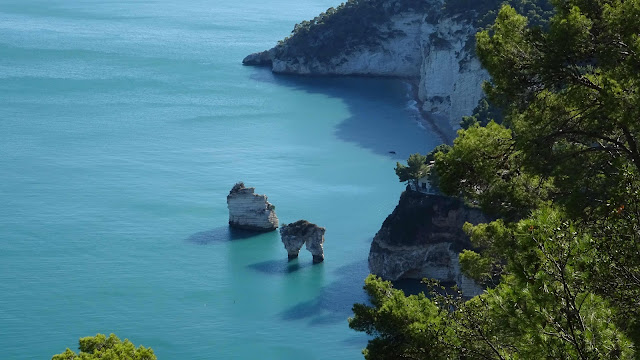
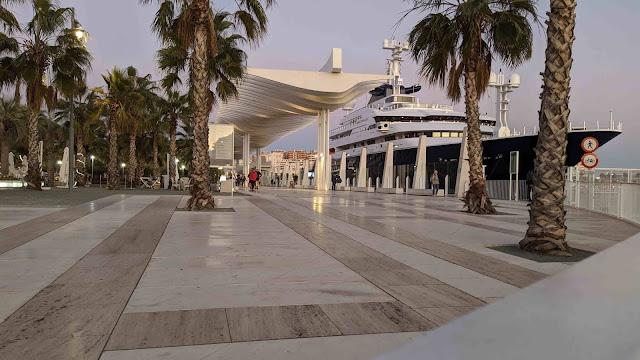



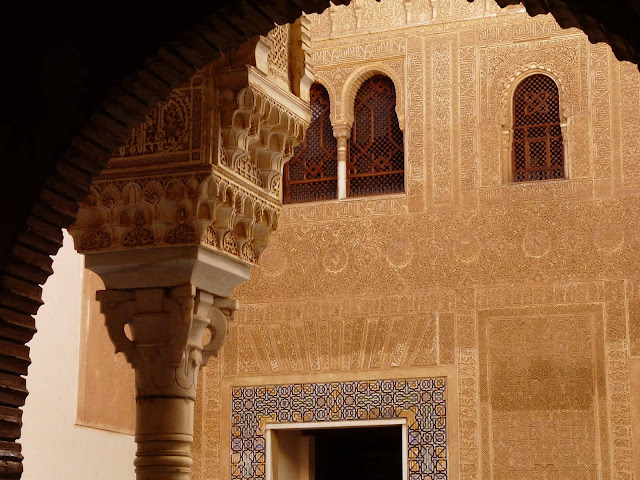
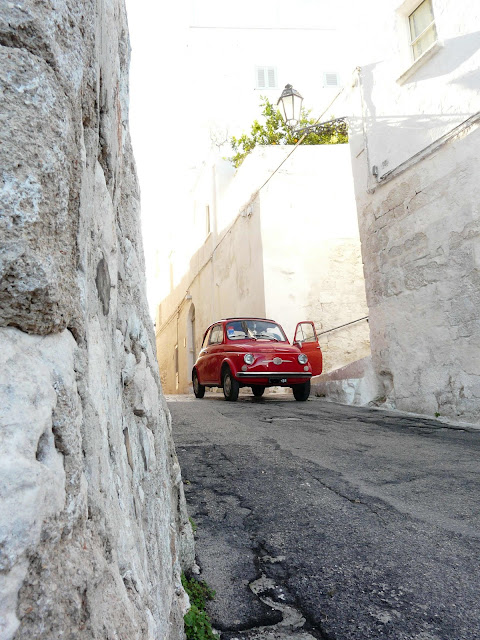
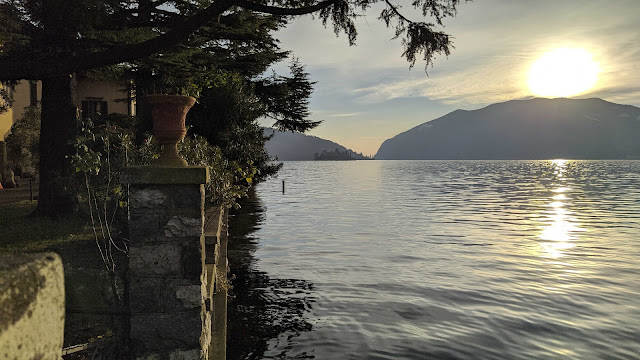

Comments
Post a Comment